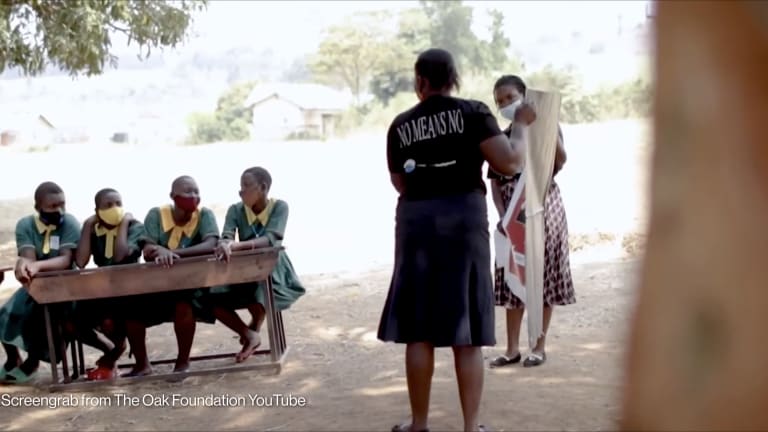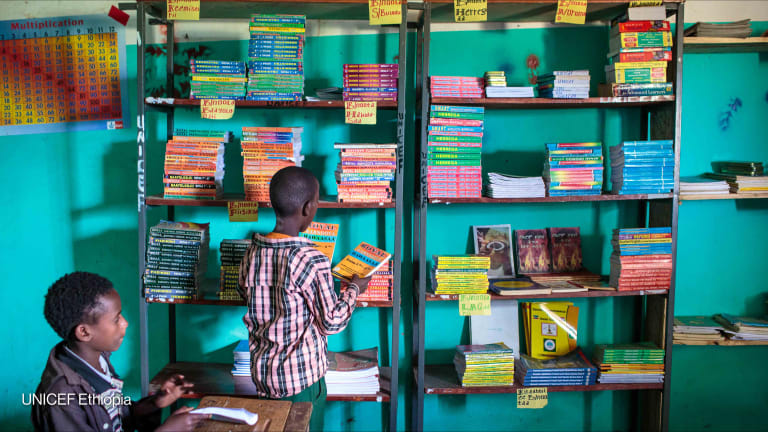Gates Foundation’s top 10 agriculture grant winners
As part of a Devex series exploring the Bill & Melinda Gates Foundation's top grantees, we’re turning our attention to its agriculture work. Our analysis shows the foundation allocated $5.6 billion for 1,105 agricultural development-related grants from 2003 to June 2021.
Of this, almost $2 billion, covering 472 grants, went to U.S.-based organizations, while Kenyan organizations were the next most funded, with $972 million for 79 grants. Overall, African organizations received a quarter of the Gates Foundation’s total allocation for agricultural development — $1.4 billion for 226 grants.
Devex has identified the top grantees in this sector. While two multilateral institutions — the International Bank for Reconstruction and Development and World Food Programme — were among the top grantees, these were excluded from the list to focus on private and not-for-profit organizations. Half of the top grantees are based in two high-income countries — the U.S. and U.K. — while the rest are based in Kenya, Nigeria, India, and the Philippines.
This story is forDevex Promembers
Unlock this story now with a 15-day free trial of Devex Pro.
With a Devex Pro subscription you'll get access to deeper analysis and exclusive insights from our reporters and analysts.
Start my free trialRequest a group subscriptionRead more on Gates Foundation grants
► Who is winning Gates Foundation’s WASH grants?
► Interactive: The Gates Foundation’s top 20 grant winners
Search for articles
Most Read
- 1
- 2
- 3
- 4
- 5









